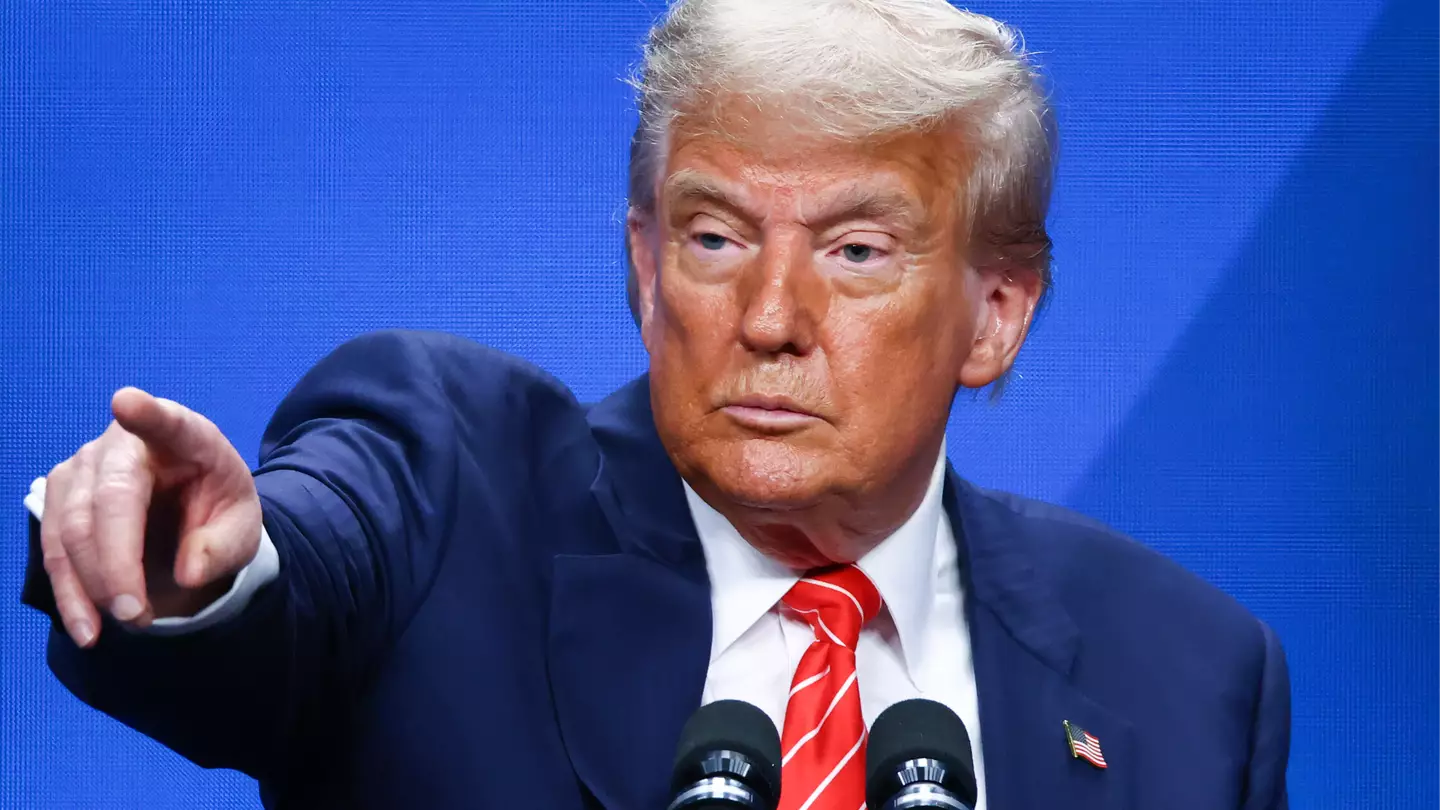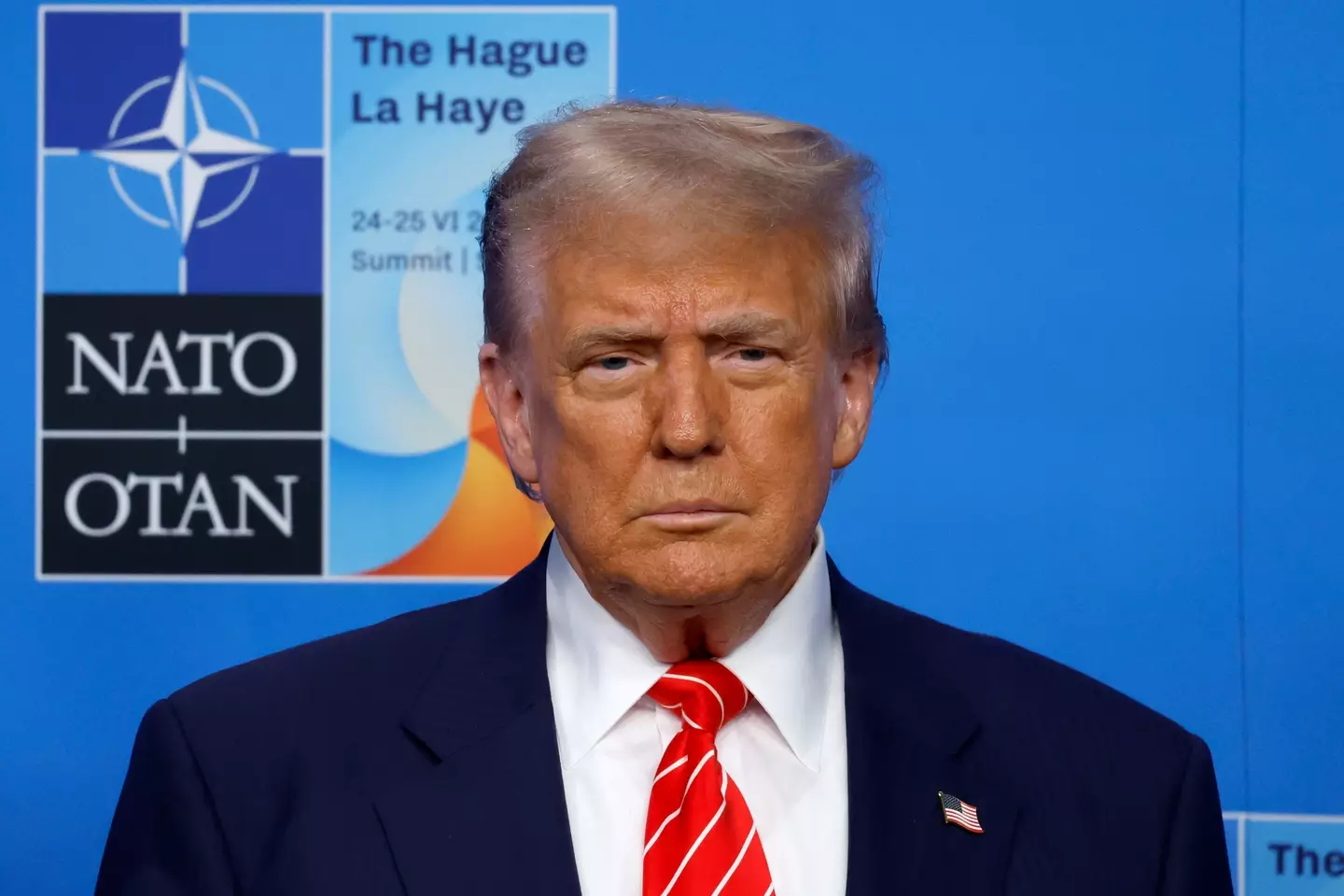
An expert has revealed what options military personal have when it comes to saying ‘no’ to Donald Trump if he orders a nuclear strike.
As tensions continue to rise on the international stage, fears of World War 3 or a major global conflict continue to intensify.
With much uncertainty between Israel, US and Iran the fears of the conflict turning nuclear is a fair one, considering Iran’s Chinese and Russian allies.
However, this isn’t the first time people have been fearful nukes might start flying.
Advert
Back in 2017, when the US seemed at odds with North Korea, an expert spoke about the circumstances that would allow military personnel to refuse a nuclear weapon strike order from Trump.
Anthony Colangelo, professor of law at the Southern Methodist University in Dallas, has spoken about the legality of using nuclear weapons and the possibility of officers saying no.

As commander-in-chief of the US Army, the president is the only person who can authorise the use of nuclear weapons - but anyone executing their orders could face life in prison under certain circumstances.
Speaking to the BBC, professor Colangelo argued that any use of nuclear weapons could break international humanitarian law. These laws dictate how countries must behave when it comes to war and the US has signed treaties in agreement of this, such as the Geneva Conventions.
He added that using nuclear weapons when conventional ones would equally suffice could make their use illegal and the use of these weapons that would kill combatants and civilians indiscriminately could also be breaking the law.
Professor Colangelo noted that if the president orders an illegal strike, those who carry it out could be liable for war crimes and would ultimately have a duty to say no.
However, he did highlight the complexities of this scenario and how, in practice, things may not play out so clearly.
The expert explained that in the field, not everyone would be able to easily spot an illegal order. For example, submarine crews may not have access to the information that the president or top military officials do.

By questioning and delaying orders, it could ultimately worsen the situation as it might not be ideal in many high-stake situations.
A general could be fired and replaced if he says no to the president, however his replacement would also be obliged to say no if he believed the order was illegal.
He said: “The entire structure of military command would crumble if subordinates started second-guessing orders."
Topics: Donald Trump, News, US News